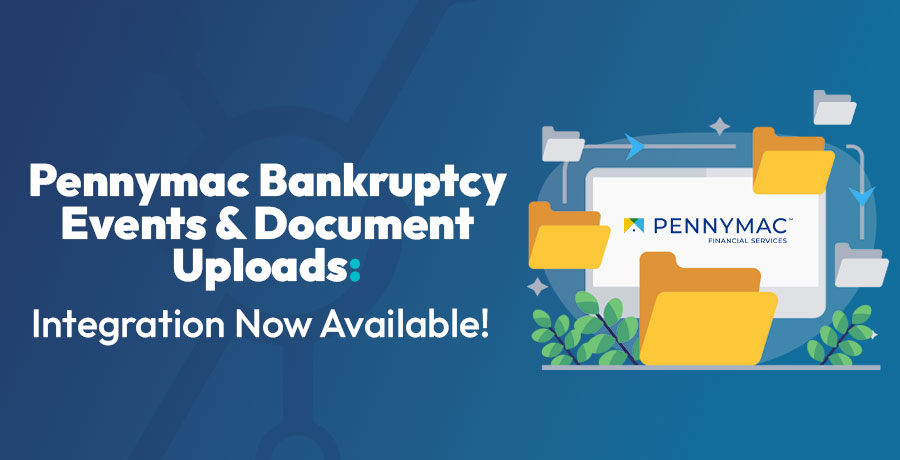Default servicing firms are all too familiar with the phrase “do more with less”, but the unprecedented COVID-19 pandemic has created an environment of uncertainty and doubt for even some of the most experienced firms we worked with.
We’ve leveraged our decades of combined experience in the industry to provide your firm with several ideas on how to stay ahead of the game by implementing several transactions and automating as much as possible.
Our analysts have highlighted the transactions that are most critical and that can provide for a high degree of efficiency even with reduced staffing. Additionally, these transactions could save your firm when volumes swing back the other direction.
Reprojections
Many files are being placed on hold right now due to moratoriums, delays, and more. When these files come off hold, they’ll all be released at one time, opening the flood gates. Any steps that were due while the file was on hold, will now be late. Firms need to reproject those steps – it can be as simple as “reprojecting 15 days out due to COVID-19 delay”, but the labor involved could be monumental if it isn’t automated, since it will have to be done on every file that has been held, and moratoriums are lasting over 30 days.
Add Hold
Many law firms (and Black Knight) use the term “soft hold”. It means the file is still active, but there isn’t anything that can be done to move the file forward due to external circumstances. When those flood gates are eventually opened, everything down stream gets delayed – court filings, hearings with overbooked judges, sale delays, and more. To carve out these delays from the firms timelines and scorecards, you can request an Add Hold (aka “soft hold”) for court delay, judge’s calendar delay, etc. The file still remains open/active in Black Knight during these types of “soft holds”.
Fees and Costs
It’s a common practice for servicers to request fees and costs after files come off hold – and a lot of files are going to come off of hold all at once when the dust settles. The servicer typically receives many requests from borrowers for reinstatement or payoff amounts and they need to know what the firms have incurred.
Hold Updates
Files are going to see a lot of changes after this; homeowners will get attorneys, loan modifications, bankruptcy filings will occur, and more. This means that even after files are released, there will still be further changes and holds. The hold update transaction captures these, and can also capture when a hold ends or changes. This lets firms receive this transaction when a Hold is added, changed, or ended. Firms also don’t need to intake this transaction into their system – from a risk management perspective, it might make sense for these Hold Update transactions to generate an email notification to a hold/close/proceed email inbox.
Standard Events
This is absolutely the time to implement and automate standard events. Firms are going to be shorthanded when the volumes increase. While the labor force ramps back up, it’s going to be critical that firm employees don’t need to spend time manually updating case management systems and Black Knight. These dates/events are already stored in your systems, so there isn’t a good reason not to automate these. For firms that might be nervous about something being missed, exception reports will provide an opportunity to cross-reference.




